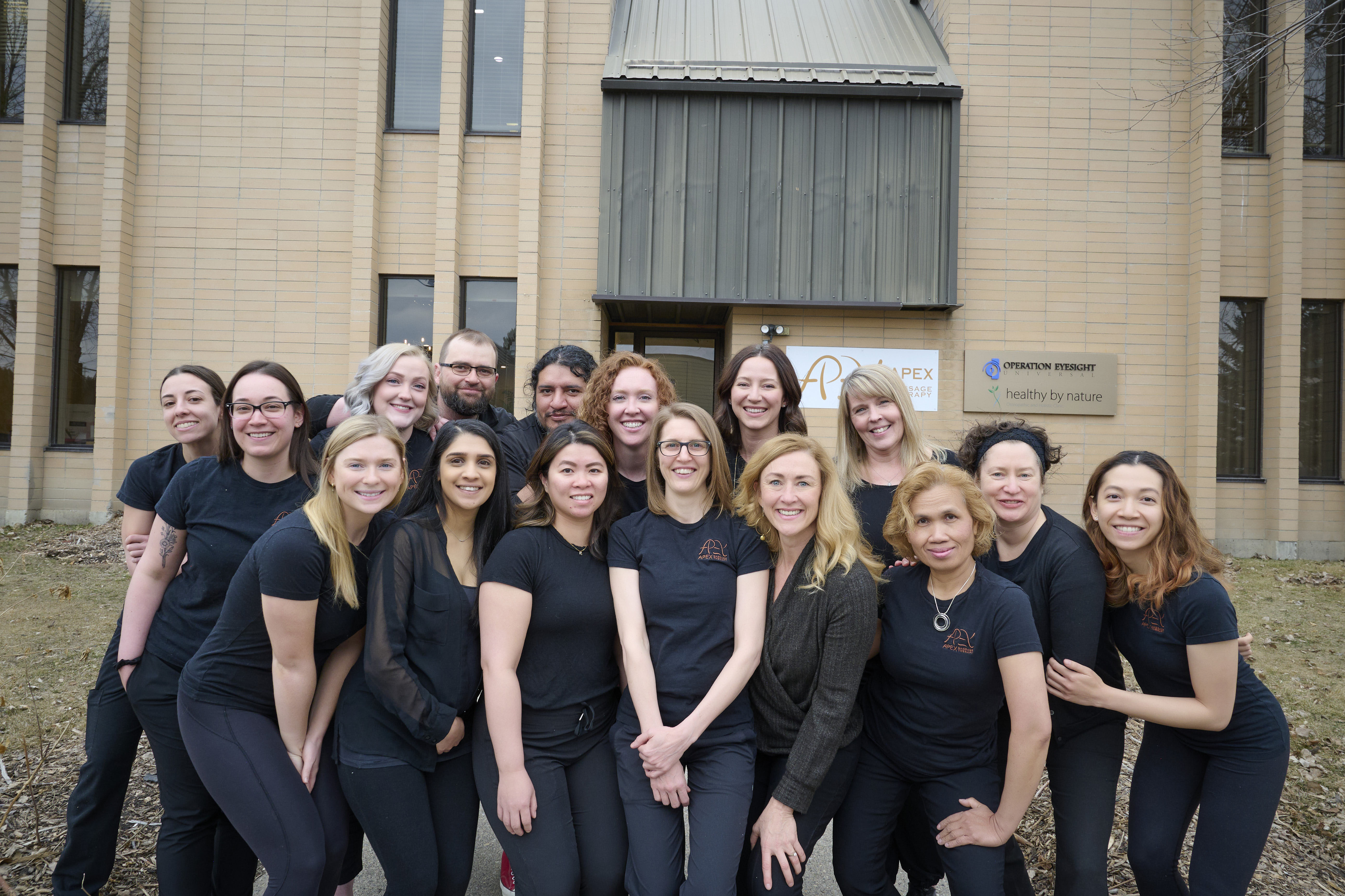
Alternative medicine is a term used to describe a wide range of treatments and therapies that are not typically used in conventional medicine. These treatments and therapies often focus on natural remedies and holistic approaches to health and wellness. From herbal remedies, massage therapy, to acupuncture and yoga, alternative medicine is becoming increasingly popular as people look for ways to improve their health without relying on pharmaceuticals.
The appeal of alternative medicine lies in its ability to treat the whole person, rather than just the symptoms of a particular illness or condition. It is believed that by taking a holistic approach to health and wellness, the body can be healed from within. This is why many alternative medicine treatments focus on diet, lifestyle, and stress management.
Alternative medicine is also gaining popularity due to its potential to reduce the cost of healthcare. Many alternative treatments are far less expensive than conventional treatments, making them more accessible to those who may not be able to afford traditional medical care.
However, it is important to note that alternative medicine is not a substitute for conventional medical care. While some alternative treatments may provide relief from certain symptoms, they should not be used in place of traditional medical treatments. It is always best to consult with a doctor of medicine or Naturopathy before beginning any type of alternative medicine regimen.
What are the top 5 questions asked regarding alternative medicine?
1. What are the risks associated with alternative medicine?
The risks associated with alternative medicine depend on the type of treatment being used. Generally speaking, there is a risk of side effects or adverse reactions to any type of medical treatment, including alternative medicine. It is important to discuss any potential risks with your doctor before beginning any type of alternative medicine regimen.
2. What are the benefits of alternative medicine?
The benefits of alternative medicine vary depending on the type of treatment being used. Generally speaking, alternative medicine treatments can help to reduce stress, improve overall health, and provide relief from certain symptoms.
3. How do I find a qualified practitioner of alternative medicine?
When looking for a qualified practitioner of alternative medicine, it is important to research their credentials and experience. It is also important to ask for references and read reviews from other patients.
4. What types of alternative medicine are available?
There are many types of alternative medicine available, including herbal remedies, acupuncture, homeopathy, yoga, MOT and massage therapy.
5. Is alternative medicine covered by my health insurance?
The coverage of alternative medicine by health insurance plans varies depending on the plan and the type of treatment being used. It is important to check with your health insurance provider to determine what types of alternative medicine treatments are covered.


